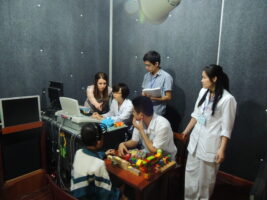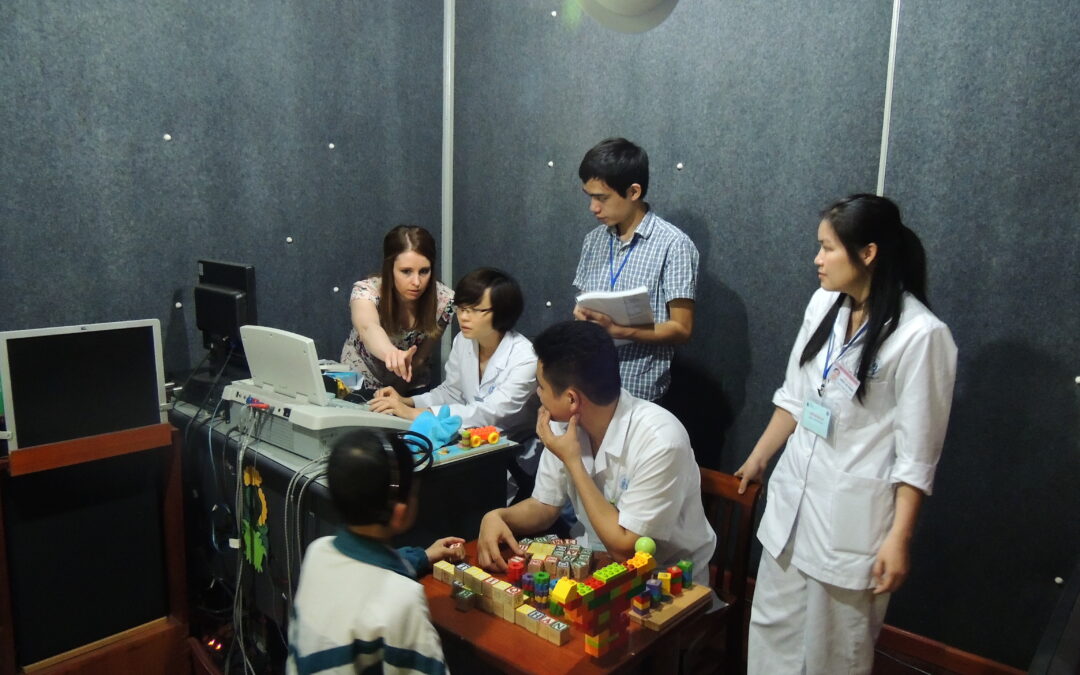Hearing loss is a significant global issue. According to the World Health Organization (WHO) there are about 466 million people, or 5% of the world’s population, who have a degree of hearing loss that impacts their daily life and ability to engage with other people. More than 34 million of those affected are children and hearing loss is one of the most common birth anomalies.
Unfortunately, there is in general, a low awareness and understanding among governments and society at large about the social and economic impact of untreated hearing loss on the individual, family, and community. This has contributed to a worldwide disparity between preventative treatments and intervention solutions that already exist to address hearing loss and their accessibility to people who would most benefit from them. The WHO indicates that just 44 of the 195 countries of the world feature ear and hearing care in their national health plans, and some of those programs and policies may not be well supported.
For children, hearing loss can have an irreversible and permanent impact on their cognitive, language, and social development if it is not addressed with urgency during their formative years.
The Global Foundation For Children With Hearing Loss believes that the most sustainable approach to addressing gaps in pediatric hearing care is to collaborate with government agencies and local health care and educational professionals to establish the expertise and services needed to support their own children with hearing loss.
The 2021 launch of the WHO World Report on Hearing will help raise global awareness for hearing loss and the interventions available to address it. The recommendations in the WHO World Report on Hearing could lead to other successful programs and solutions similar to those that have been achieved by the Global Foundation For Children With Hearing Loss for young children in developing countries.
Check out the rest of this article written by our Executive Director Paige Stringer in Hearing Life magazine .

